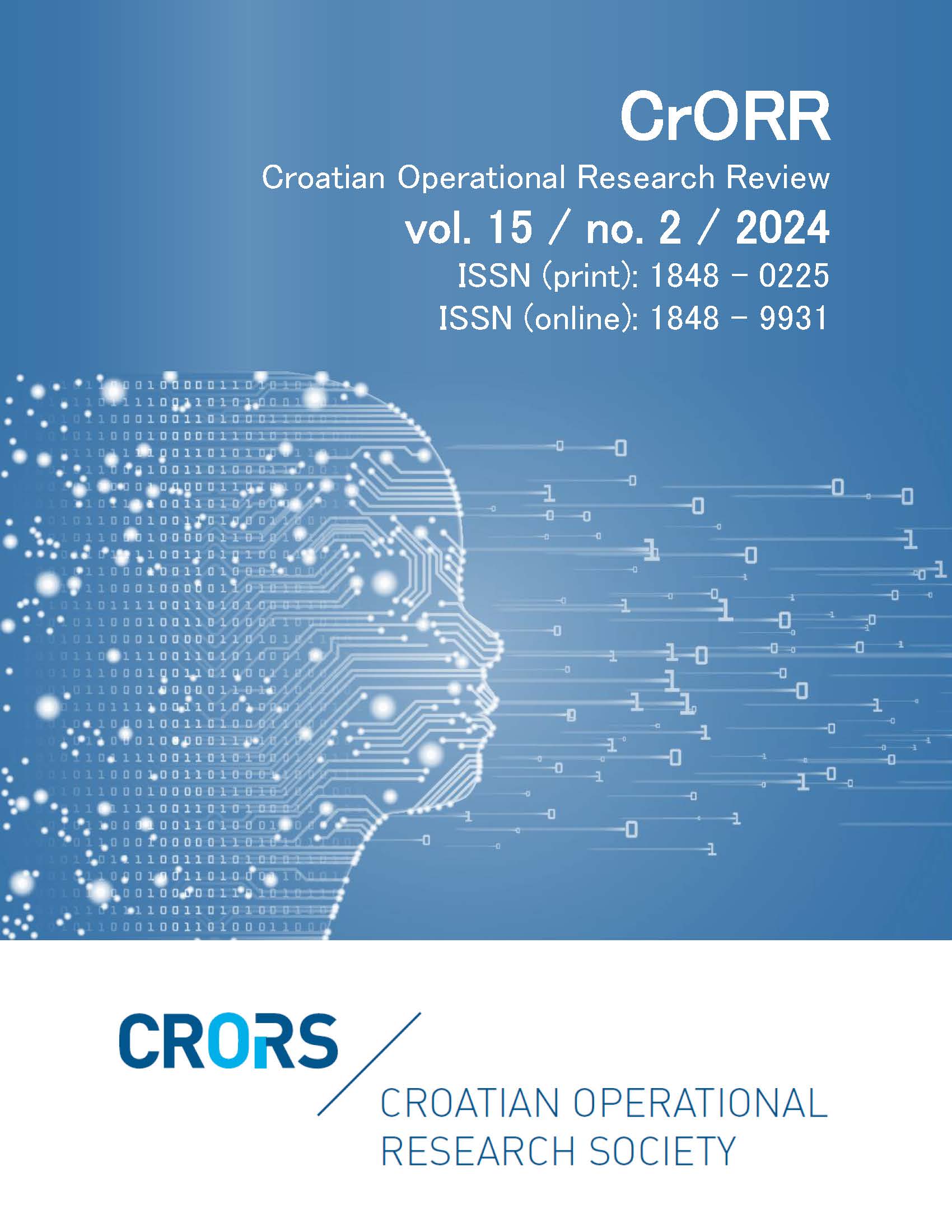ANFIS computing and cost optimization of an M/M/c/M queue with feedback and balking customers under a hybrid hiatus policy
Abstract
The present investigation studies a hybrid hiatus policy for a finite-space Markovian queue, incorporating realistic features such as Bernoulli feedback, multiple servers, and balking customers. A hybrid hiatus policy combines both a working hiatus and a complete hiatus. As soon as the system becomes empty, the servers switch to a working hiatus. During a working hiatus, the servers operate at a reduced service rate. Upon completion of the working hiatus and in the absence of waiting customers, the servers enter a complete hiatus. Once the complete hiatus period concludes, the servers resume normal operations and begin serving waiting customers. In the context of Bernoulli feedback, the dissatisfied customer can re-enter the system to receive another service. By utilizing the Markov recursive approach, we examined the steady-state probabilities of the system and queue sizes and other queueing indices, viz. Average queue length, average waiting time, throughput, etc. Using the Quasi-Newton method, a cost function is developed to determine the optimal values of the system’s decision variables. Furthermore, a soft computing approach based on an adaptive neuro-fuzzy inference system (ANFIS) is employed to validate the accuracy of the obtained results.
Downloads
Published
Issue
Section
License
- Authors retain copyright and grant the journal right of first publication with the work simultaneously licensed under a Creative Commons Attribution License that allows others to share the work with an acknowledgement of the work's authorship and initial publication in this journal
- Authors are able to enter into separate, additional contractual arrangements for the non-exclusive distribution of the journal's published version of the work (e.g., post it to an institutional repository or publish it in a book), with an acknowledgement of its initial publication in this journal.
- Authors are permitted and encouraged to post their work online (e.g., in institutional repositories or on their website) prior to and during the submission process, as it can lead to productive exchanges, as well as earlier and greater citation of published work (See The Effect of Open Access).


